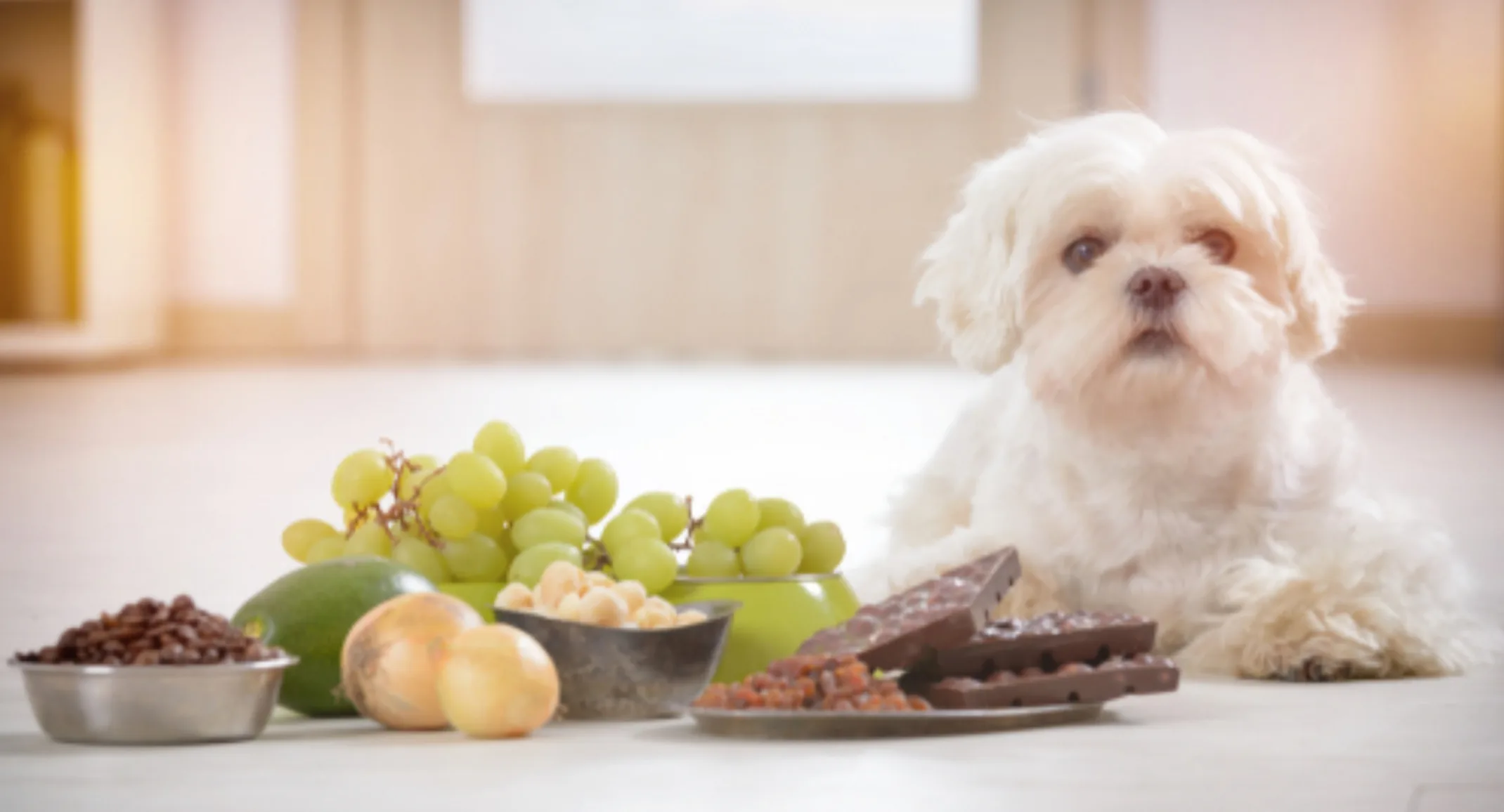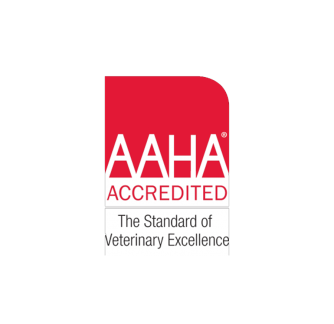Why Pet Poison Prevention Awareness Month Matters
Pet Poison

A Pet’s Eye View
The entire month of March is slated for pet poison prevention awareness for a variety of reasons. Whether it has to do with holiday candy or seasonal gardening, your friends at Conrad Weiser Animal Hospital have you covered.
Things that escape our attention easily come into focus for our pets, especially if they land on the floor. Conduct a daily floor sweep for any dropped items. Pick up backpacks, purses, and jackets off the floor to ensure your pet doesn’t go looking for snacks.
Poisonous Things..? What Things?
Since the majority of cases happen at home, let’s dive right into our approach for pet poison prevention:
Food –
Pets should never be allowed to eat chocolate, Xylitol (found in sugar-free gum/mints, candy, dental care products, baked goods, and some peanut butters), macadamia nuts, grapes, raisins, onions, garlic, chives, caffeine, avocado, bread dough or moldy food.
Medication –
Generally speaking, pets should never have access to open bottles of pills, blister packs, vitamin bottles, or anything else. NSAIDs, acetaminophen, ADD/ADHD drugs, antidepressants, sleep aids, birth control, ACE inhibitors, beta-blockers, thyroid pills, and cholesterol medications must always be paws-off for pets. Similarly, any pet medication should be stored behind cabinet doors, and never on a lower shelf.
Household products –
Any type of household cleaner, such as bleach, ammonia, oven cleaners, toilet bowl cleaners, etc. shouldn’t be stored on the floor. When in use, keep your pet outside or in a well-ventilated area. Allow for surfaces to dry before allowing your pet access. Be sure that any craft or art supplies like paint and other potential inhaled poisons aren’t used near your pet.
The Yard and garden –
Fertilizers, pesticides, insecticides, snail baits, rodenticides, cocoa mulch, bone meal, and more can present certain risks to pets. Only use pet-safe products or not at all. If you do have these products, store them securely, and watch your pet when outside.
Garage –
Antifreeze is the biggest threat lurking in the garage. Store bottles securely and wipe up any drips immediately. Paint, paint thinners or removers, and any petroleum-based products are not safe for use around pets and must be handled properly.
Blooms –
Since pets primarily explore the world with their noses, we urge pet owners to scan the yard for flowers and plants such as lilies, azaleas, tulips, daffodils, hyacinths, oleander, crocus, sago palm, and more. Closely examine any houseplants you bring home to be sure they’re pet-safe.
Pet Poison Prevention
Even your best efforts behind pet poison prevention can go awry, but quickly recognizing symptoms and seeking immediate emergency help is the next best thing. Since poisons work super fast in a pet’s system, you’ll likely see symptoms within an hour or so. Acting fast will improve their prognosis and possibly lead to full recovery.
Whether your pet eats, inhales, or absorbs through the skin, the following red flags require emergency care:
Vomiting or diarrhea
Coughing or respiratory distress
Drooling
Unconsciousness
Seizures
Muscle tremors
Increased heart rate
Lethargy or weakness
Disorientation
Pawing at the mouth
Excessive licking or scratching
Swelling
Pain
If our veterinarians and staff members can assist you with further questions regarding pet poison prevention, please contact us. We’re always here for your pet at Conrad Weiser Animal Hospital.


